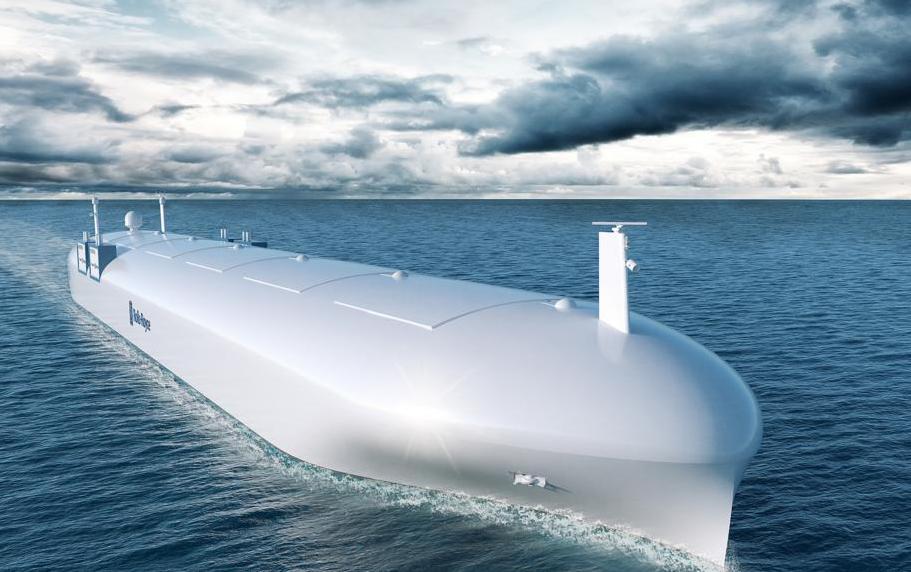Rolls-Royce and VTT Technical Research Centre partner to develop smart ships

Rolls-Royce and VTT Technical Research Centre of Finland Ltd have announced a strategic partnership to design, test and validate the first generation of remote and autonomous ships. The new partnership will combine and integrate the two company’s unique expertise to make such vessels a commercial reality.
Rolls-Royce is pioneering the development of remote controlled and autonomous ships and believes a remote controlled ship will be in commercial use by the end of the decade. The company is applying technology, skills and experience from across its businesses to this development.
VTT has deep knowledge of ship simulation and extensive expertise in the development and management of safety-critical and complex systems in demanding environments such as nuclear safety. They combine physical tests such as model and tank testing, with digital technologies, such as data analytics and computer visualisation. They will also use field research to incorporate human factors into safe ship design.
As a result of working with the Finnish telecommunications sector, VTT has extensive experience of working with 5G mobile phone technology and wi-fi mesh networks. VTT has the first 5G test network in Finland.
Working with VTT will allow Rolls-Royce to assess the performance of remote and autonomous designs through the use of both traditional model tank tests and digital simulation, allowing the company to develop functional, safe and reliable prototypes.
Karno Tenovuo, Rolls-Royce, vice president Ship Intelligence, said: “Remotely operated ships are a key development project for Rolls-Royce Marine, and VTT is a reliable and innovative partner for the development of a smart ship concept. This collaboration is a natural continuation of the earlier User Experience for Complex systems (UXUS) project, where we developed totally new bridge and remote control systems for shipping.
Erja Turunen, executive vice president at VTT, said: “Rolls-Royce is a pioneer in remotely controlled and autonomous shipping. Our collaboration strengthens the way we can integrate and leverage VTT’s expertise in simulation and safety validation, including the Industrial Internet of Things, to develop new products and in the future, enable us to develop new solutions for new areas of application as well.”
Rolls-Royce is leading the Advanced Autonomous Waterborne Applications Initiative (AAWA). Funded by Tekes (Finnish Funding Agency for Technology and Innovation), AAWA brings together universities, ship designers, equipment manufacturers, and classification societies to explore the economic, social, legal, regulatory and technological factors which need to be addressed to make autonomous ships a reality.
It combines the expertise of some of Finland’s top academic researchers from Tampere University of Technology; VTT Technical Research Centre of Finland Ltd; Åbo Akademi University; Aalto University; the University of Turku; and leading members of the maritime cluster including Rolls-Royce, NAPA, Deltamarin, DNV GL and Inmarsat.
Comment on this article below or via Twitter @IoTGN
